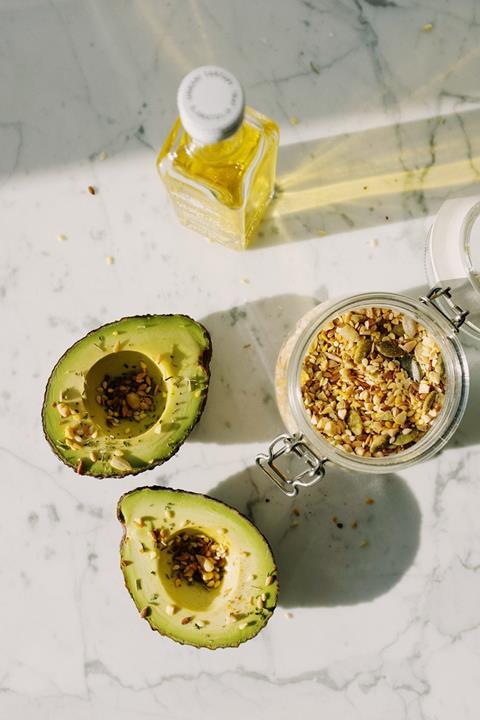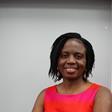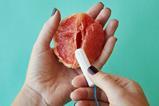Your health questions answered by our resident GP, Dr Olúṣẹ̀yẹ Àríkàwé

Q: I am in my late 20s and have always struggled to maintain a healthy weight. My doctor has told me I am overweight and need to lose a significant amount, but every diet I have tried has failed. Do you have any suggestions?
Trying to lose weight can be challenging. You mention that the issue with weight gain has been ongoing for some time. Considering your age, it’s worth exploring all the probable causes and addressing them.
There are so many diets out there, and the conflicting and ever-changing diet advice is confusing. Too often someone will lose weight and then regain it all soon after coming off the diet. My advice is to only start what you can maintain. It is so important to eat ‘real’ food. This is non-processed and natural foods, which are likely to be low in fats and sugars, and high in natural minerals.
There is good evidence to show that a Mediterranean-style diet helps with weight loss and is good for the heart. This diet consists of vegetables, fruits (berries and stone fruits), legumes, nuts, whole grains and heart-healthy fats such as those found in fatty fish and olive oil.
Some people may benefit from reducing certain food groups; for instance, those with type 2 diabetes will benefit from a low-carb diet.
If you have an underlying medical condition, it is essential that you speak to your healthcare provider before you embark on any type of weight loss journey.
Diet alone is not enough to lose weight; you also need to increase your physical activities, as evidence shows that a sedentary lifestyle can cause weight gain.
Most smart wristwatches now will prompt you to get up from a sitting position and move if you have been sitting for too long.
If you sit for work, also think about investing in a standing desk so you can alternate between sitting and standing. If after trying to maintain an active lifestyle and eating natural food, you still struggle to lose weight, ask your healthcare provider to explore any other underlying causes or medical conditions.
Q: My teenage daughter suffers from heavy and painful periods. During this time, she also experiences severe lower back pain and discomfort opening her bowels. Since a young age, I have had problems with my periods too and was placed on the pill early. I have taken her to the GP, and she was given some tablets, but they are not helping; What else can we do?
Firstly, I would recommend you take her back to see the GP. Even though a cause may not be found, it is essential to exclude treatable causes of the condition.
One common cause is endometriosis. This is often diagnosed late, because the symptoms are very variable, and many other conditions can cause similar symptoms.
Endometriosis is a condition where small pieces of womb lining start to grow in other places. It tends to run in the family and can significantly impact a woman’s quality of life. However, the good news is that there is treatment available if the condition is picked up early.
The common symptoms of this condition, which occur during the menstrual period, include severe period pains, heavy periods, pain in the lower tummy or lower back, pain when passing urine or when passing stools, diarrhoea or constipation.
Your healthcare practitioner should take a careful history and do a thorough examination and, if endometriosis is suspected, refer your daughter for further investigations.
YOUR QUESTIONS WANTED
If you have something you would like to ask the doctor, please email womanalive@premier.org.uk
The advice given here is not a substitute for personalised professional advice, diagnosis or treatment. Please consult your health care provider for personal health or medical advice.
































